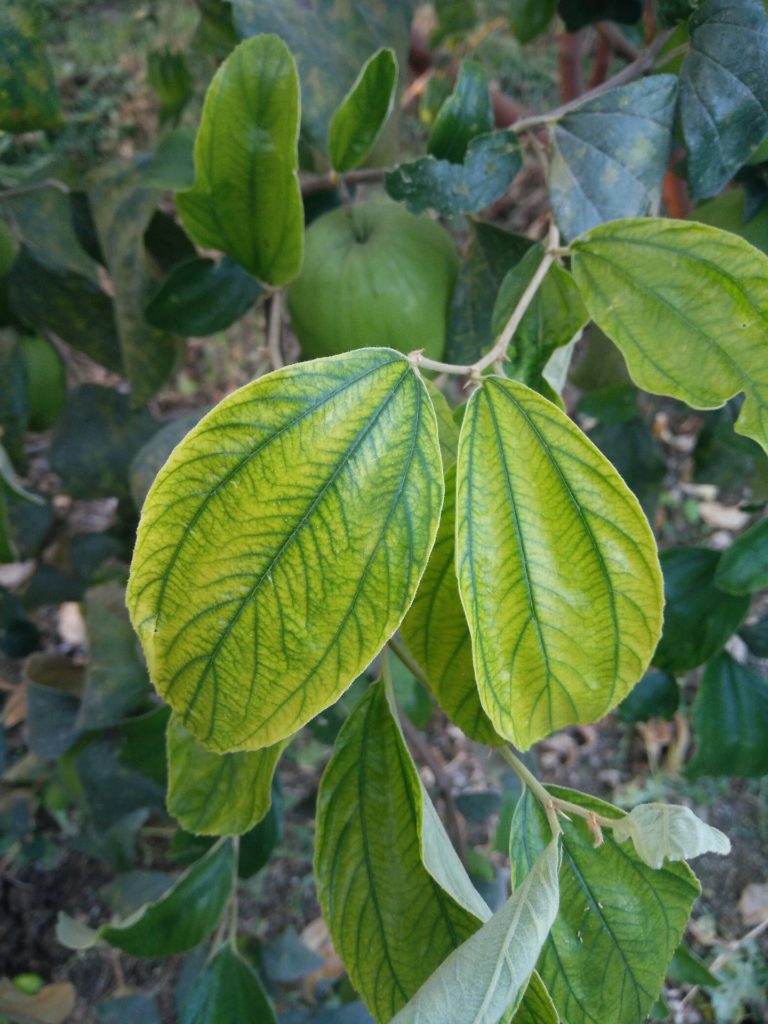Micronutrients are Essential for chemical processes, and important in plant cell systems despite their small quantity.
The micro-elements are usually used as process stimulants and do not form part of compounds in the structure of plant cells.
Without their presence in the plant the processes of assimilation and growth in the plant will not take place.
Iron (Fe)
Iron plays a key role in the enzymatic activity of the plant, especially in the processes of photosynthesis in the formation of proteins.
It affects the amount of chlorophyll in the leaves.
The higher the level of the chlorophyll, the greater is the development of the plant.
Iron deficiency:
The most obvious symptom of iron deficiency in plants is commonly called leaf chlorosis.
This is where the leaves of the plant turn yellow, but the veins of the leaves stay green.
Leaf chlorosis will start at the tips of new growth in the plant and will eventually work its way to older leaves on the plant as the deficiency gets worse.
Chlorosis problems in plants are a worldwide problem due to the problem of the availability of iron in the soil solution to the roots, especially in alkaline soils.
In order to make iron available for plants, and protect the iron from oxidation and prevent it from leaching out of the soil and keeping it in a form that the plants can use, chelated iron is used.
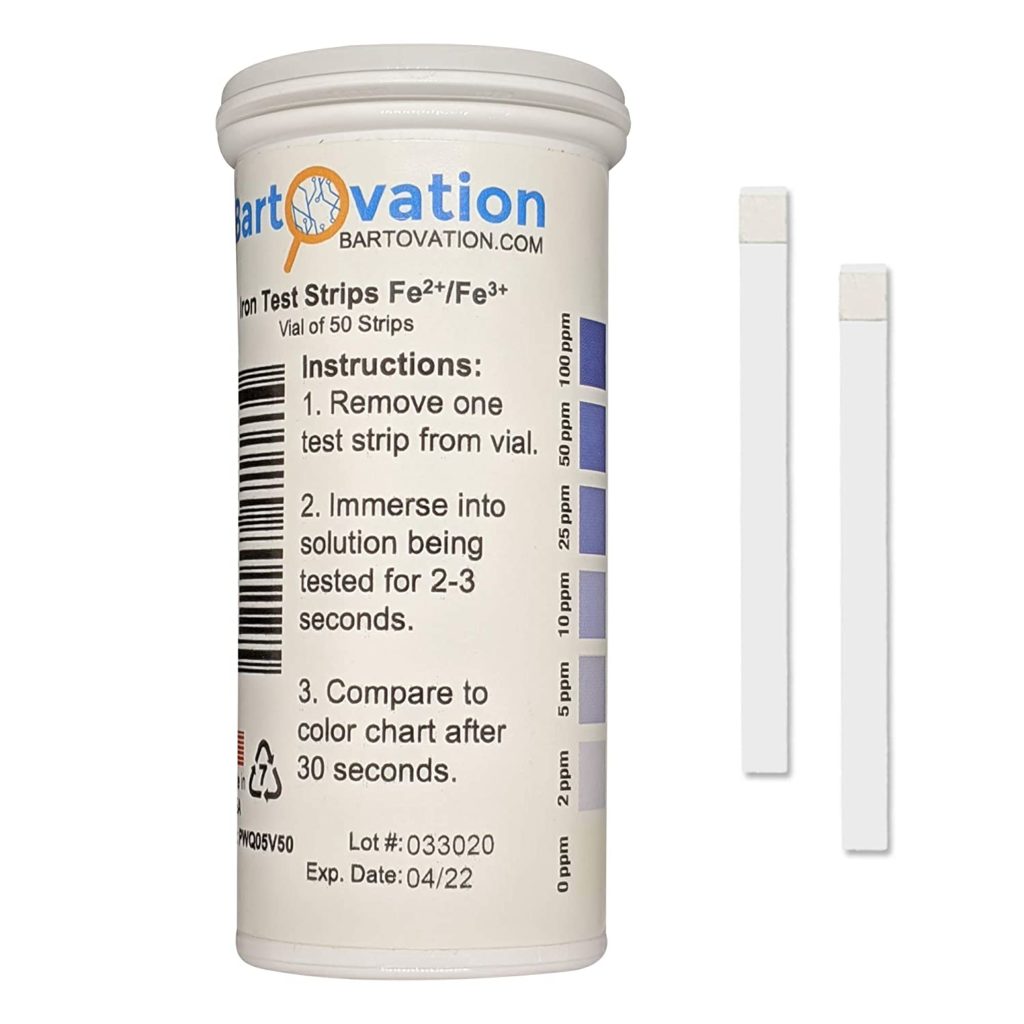
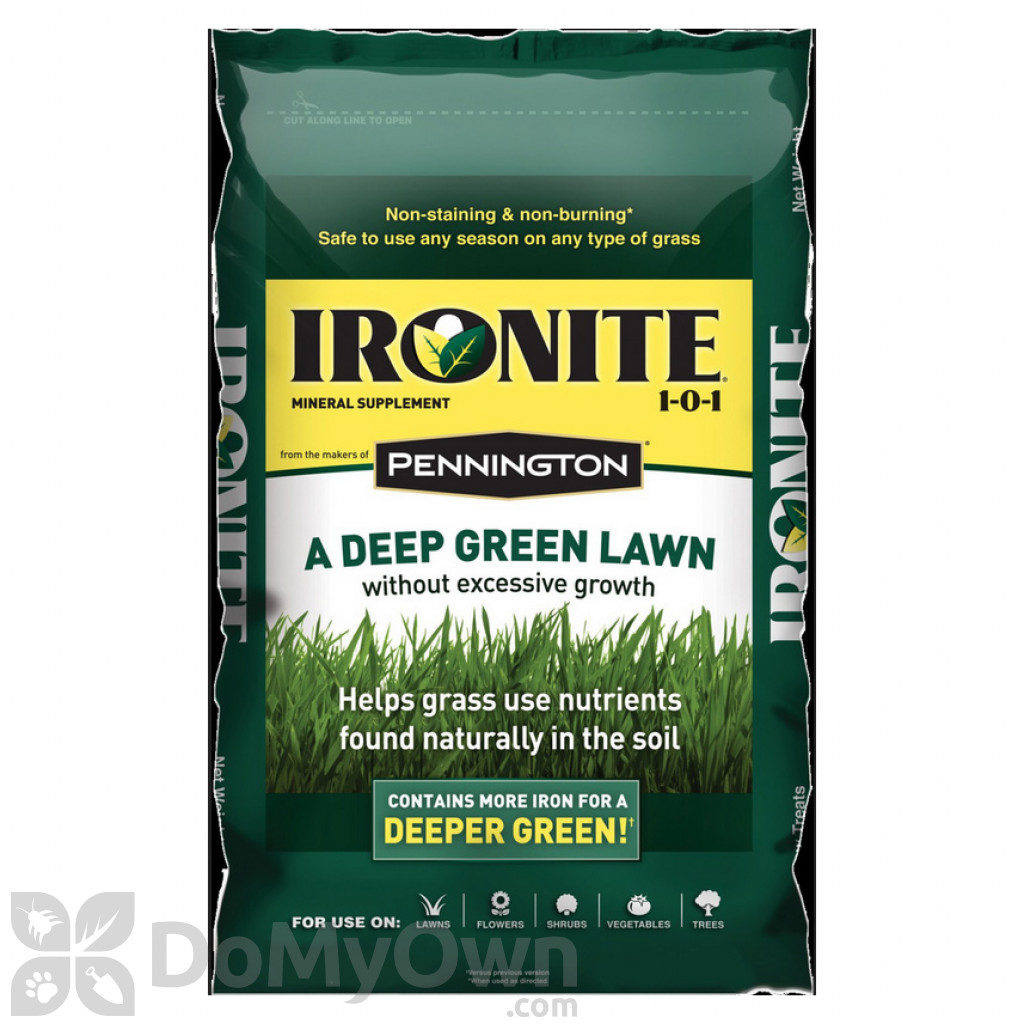
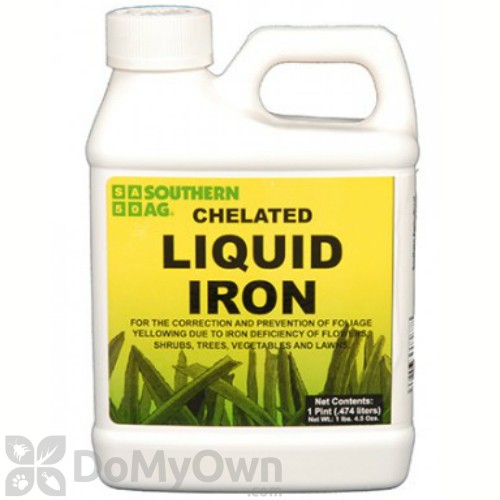
Copper (Cu)
Copper is extremely important in plant nutrition if only for the fact that it aids in forming chlorophyll.
Plants don’t need much copper, but if they don’t get any, results can be disastrous.
Copper deficiency:
Leaves become dark with blue or purple dots.
The edges of the leaves get a light yellow or white tint.
Glossy leaves or metallic-colored leaves.
The leaves may feel stiff (crispy) and the edges curve downwards.
It tends to affect leaves that are directly under light.
Buds do not ripen, or grow very slowly.
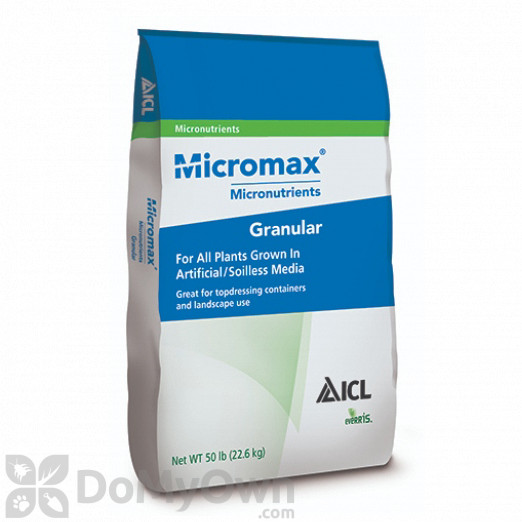
Zinc (Z)
Zinc has important roles in the plant including plant size and development of branching stems and leaves.
Zinc is an essential component in many plant enzymes like auxin which is a growth hormone in plants.
Low levels of auxin will delay the development of branches and leaves.
Zinc is also important for the formation of chlorophyll in the plant.
Zinc deficiency:
Zinc deficiency will cause white spots to form on leaf tips or between leaf veins.
Yellowing in the veins of the leaf, and usually also in purple spots on the surface of the leaf.
The signs will first appear on the mature leaves in the lower part of the plant and will cause a delay in growth.
Zinc excess:
Excess zinc is highly toxic to the plant, will cause rapid death of the plant.
Excess zinc interferes with iron absorption which will cause chlorosis due to iron deficiency.
Boron (B)
Boron helps transport sugars needed for plant reproduction and fluid consumption in cells.
In addition, boron helps create stems, plant branches and leaves.
It is needed for protein synthesis, development of cell walls, carbohydrate metabolism, sugar translocation, hormone regulation, pollen grain germination and pollen tube growth, fruit set, and seed development.
Boron deficiency:
Boron is a stationary element and deficiency will manifest as yellowing of the leaves.
The new leaves will appear first and spread to the rest of the plant.
Burned growth of young leaves at the top of the plant.
Sometimes the young leaves grow gray.
Boron deficiency is similar to calcium deficiency.
Boron excess:
Excess boron can cause a variety of problems, yellowing of the leaf tips that spread to the inside of the leaf will cause leaf fallout and even plant death.
Manganese (Mn)
Manganese helps enzymes (a substance that accelerates chemical processes in living things) to break down into chlorophyll production and to the process of photosynthesis.
Manganese excess:
Over-fertilization with manganese will result in iron deficiency and a general lack of vitality in the plant.
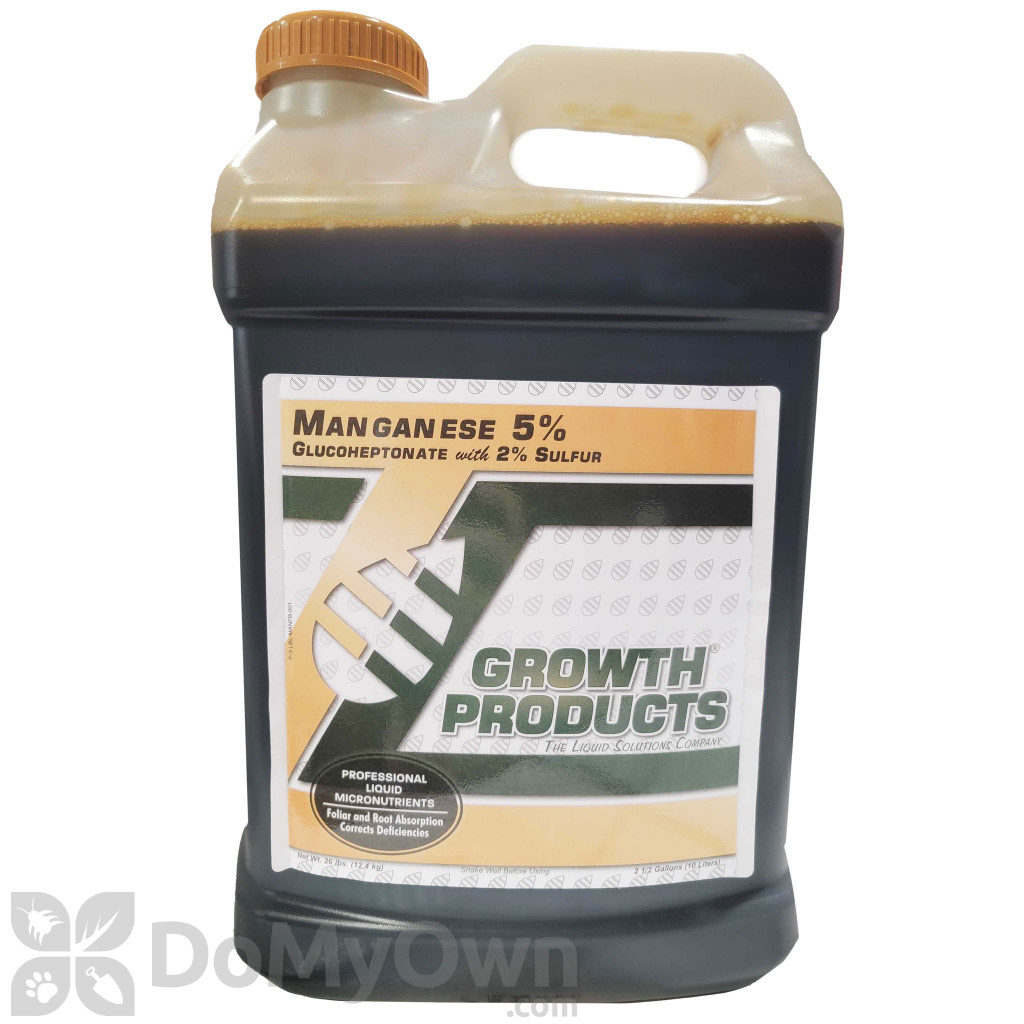

Molybdenum (Mo)
Molybdenum helps plants to use nitrogen.
It enables the plant to use the nitrates taken up from the soil.
Molybdenum deficiency:
Yellowing of medium leaves.
plant becomes stunted.
The edges of the leaves may become scorched by the accumulation of unused nitrates.
Chlorine (Cl)
Involved in maintaining proper osmotic potential.
Involved in the process of oxygen release in photosynthesis.
A deficiency of chloride inhibits photosynthesis, threatening plant health.
Chlorine deficiency:
Chlorosis and necrotic spots appear in adult leaves and they wither.
The leaves are a bronze color (yellow-gray metallic color).
There is a delay in the elongation of the roots and condensation forms at their ends.
Chlorine (chloride CL-) excess:
Sodium (Na) and chloride (Cl-) are harmful components that are dissolved in the roots and come, in most cases, from irrigation water.
Care must be taken with the irrigation interface, that will prevent the increase in their concentration.
Excess chlorine creates stressful conditions for the plant.
At values above 300ppm of chloride, rinsing is recommended – a double dose of water than the regular dose of irrigation.
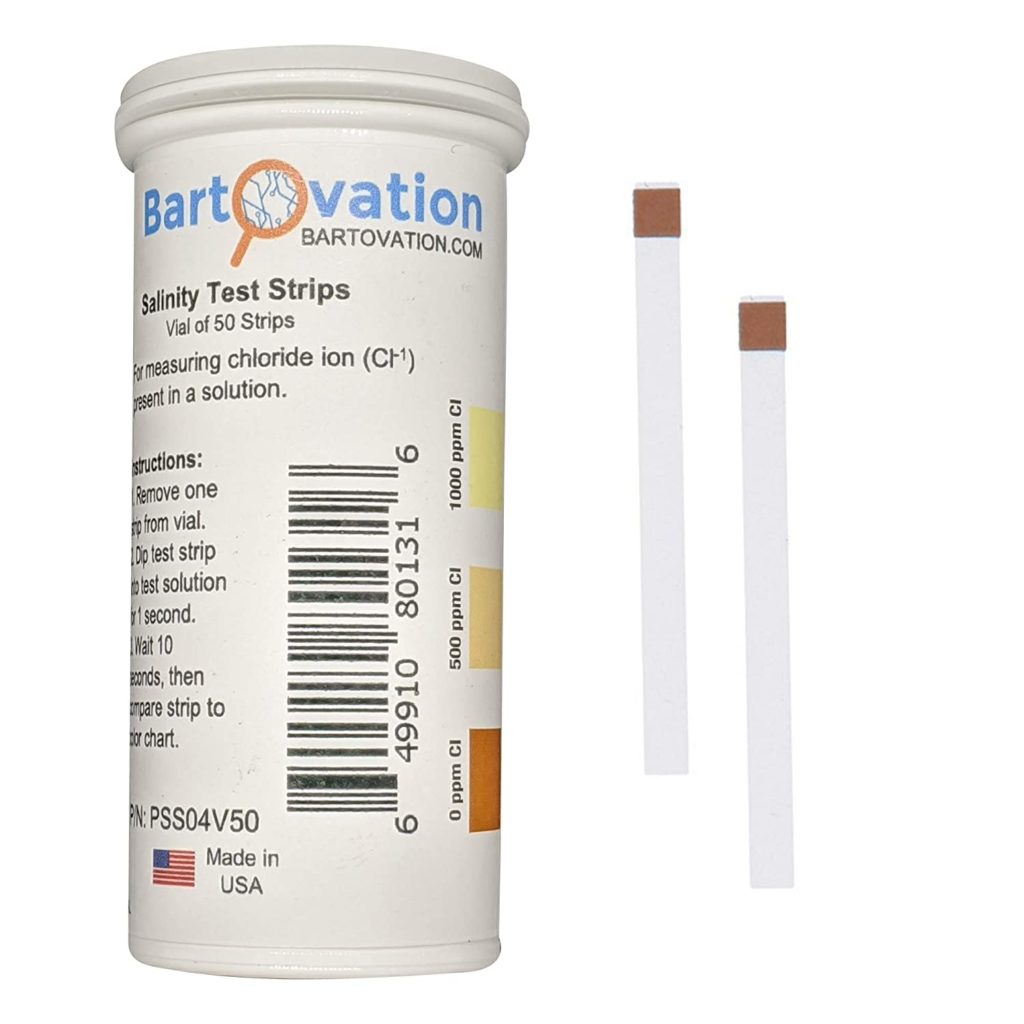
In order to know if these micro elements are present in your soil, you can take soil samples and send them to a laboratory.
Don’t take one sample from one spot in your garden and send it in.
Rather, take multiple samples over the area.
This way is a better representative sample of the entire area.
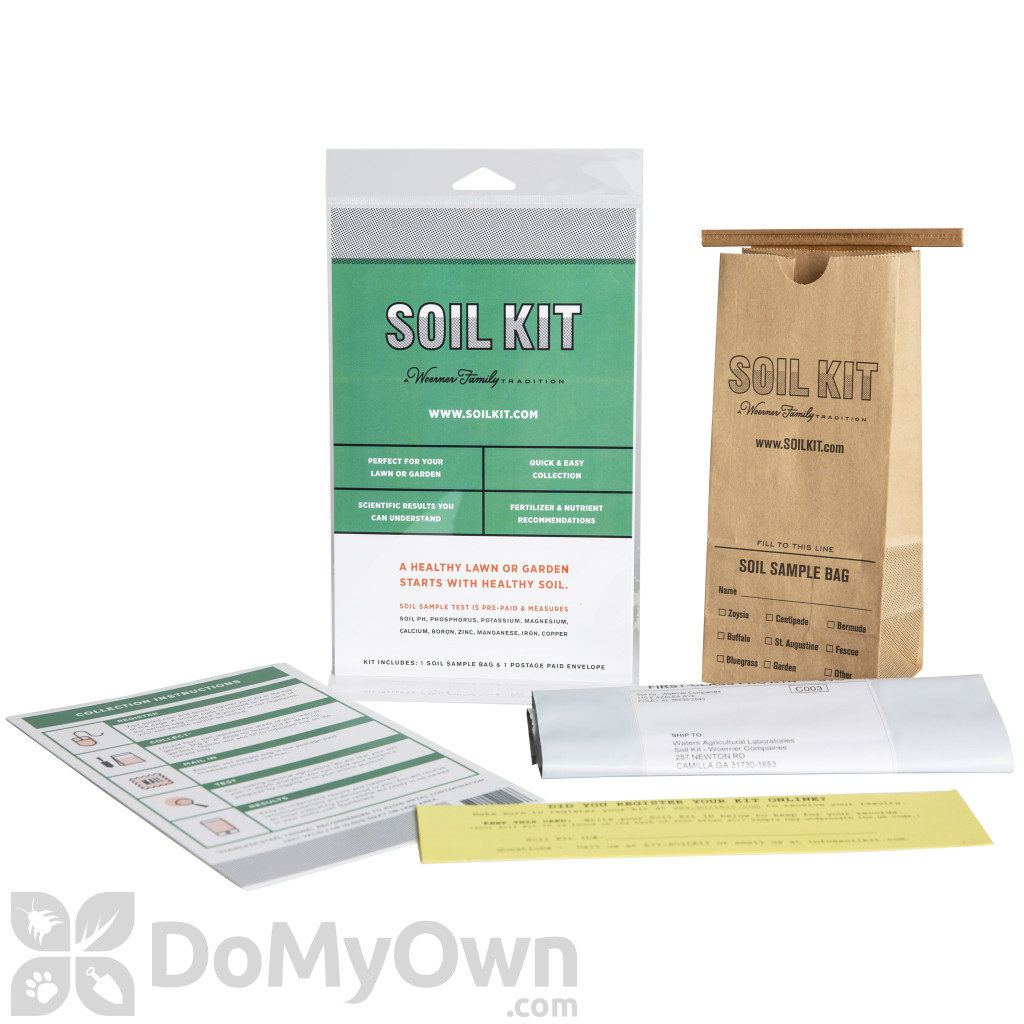
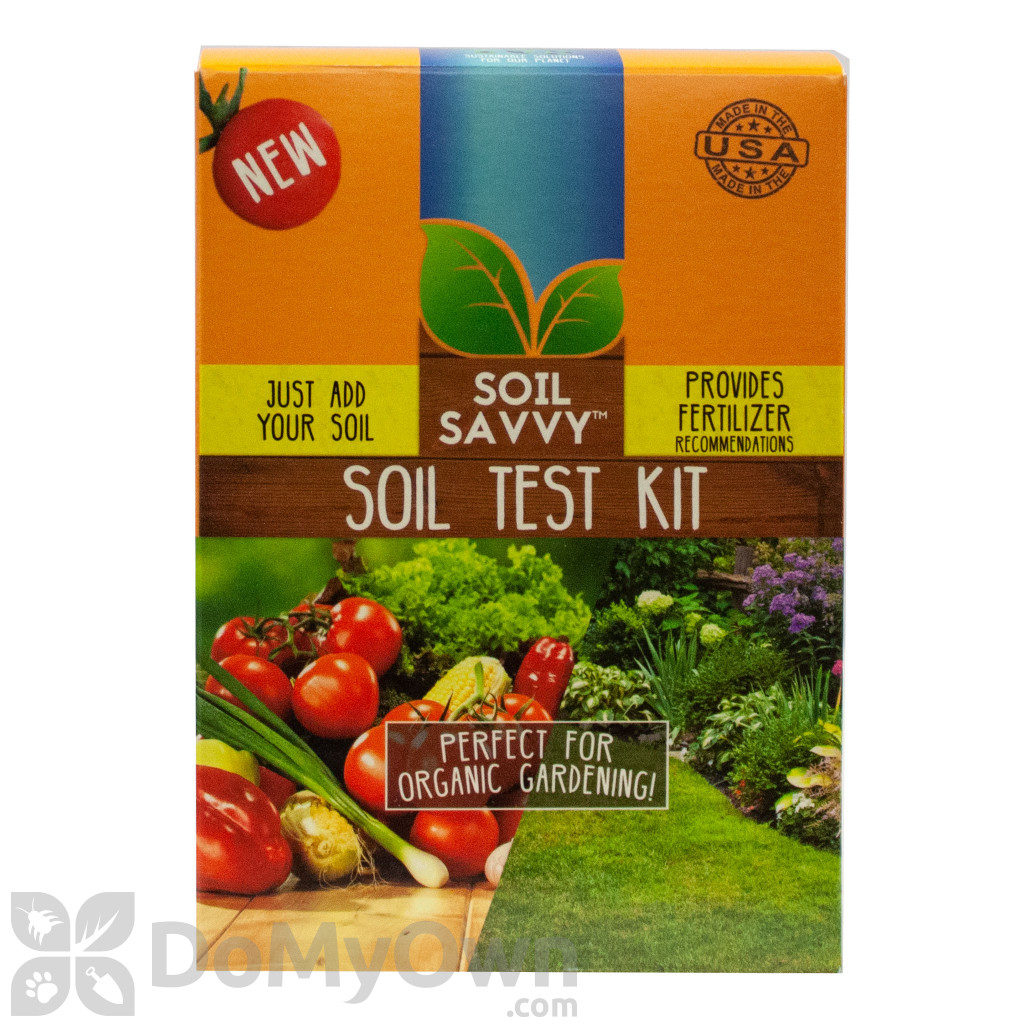
If there are some symptoms of deficiencies of micronutrients, or you don’t know and don’t want to test your soil, you can always use fertilizers that contain all these micronutrients.
Some of the NPK fertilizers are added with micronutrients, so when you fertile with nitrogen, you also add some micronutrients.
This way you are sure you will never miss any nutrients, no macro nor micro.
This kind of fertilizer is especially good for plants that are grown in soilless or artificial medium.

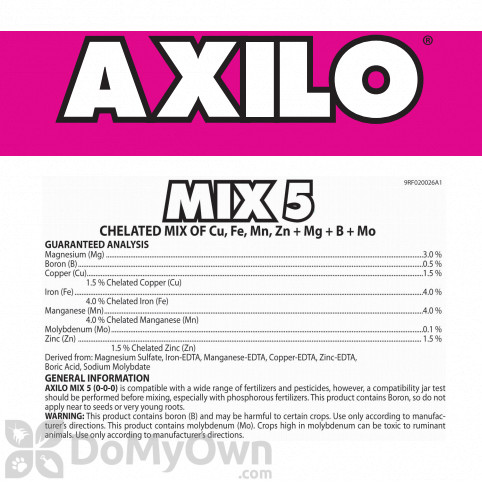
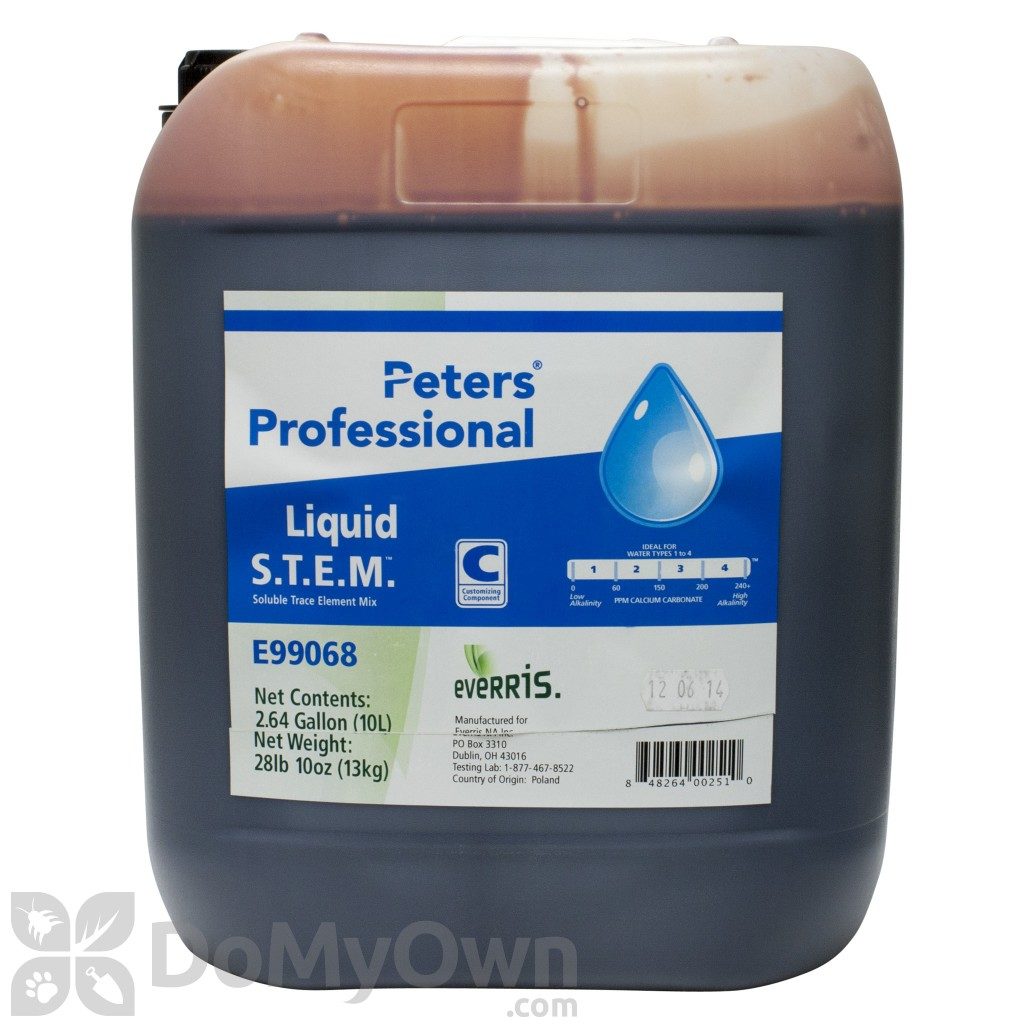
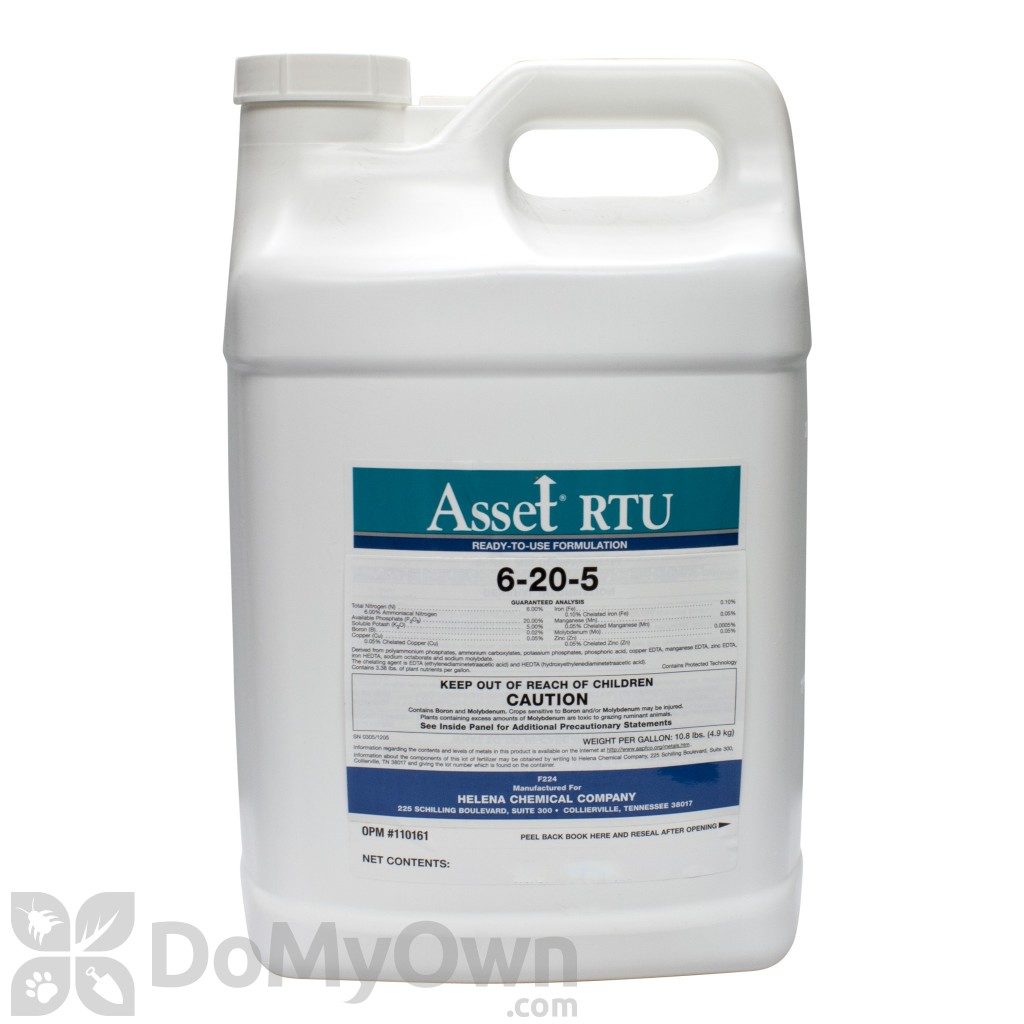
You might also like these articles:
- Slow-Release Fertilizers for Trees and Shrubs
- A Plant’s Nutritional Needs: The Best Fertilizer for Each Stage of Plant Growth
- How to Use Roundup Effectively and Safely
- Weed Control in Your Garden: Choosing and Using Herbicides Safely and Effectively
- Effective Herbicides for Common Weeds in Lawns and Gardens
- Starting Seedlings from Seeds: Read This First
- Unleash the Magic of Mulch: Transform Your Garden Today!
- Transform Your Soil into a Vibrant Garden Oasis with the Power of Soil Amendments
- 10 high rated tillers for small/medium yard reviews
- Top-Ranked small to medium-sized yard Lawn Mowers review
- Tips for Growing an Avocado Tree: Climate Factors, Soil Needs, Tree Varieties, and Planting Methods
- Exploring the Benefits of Annual Flowers: Adding Color, Variety, and Easy Care to Your Garden

